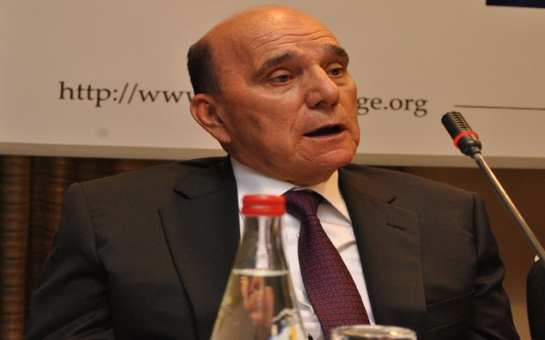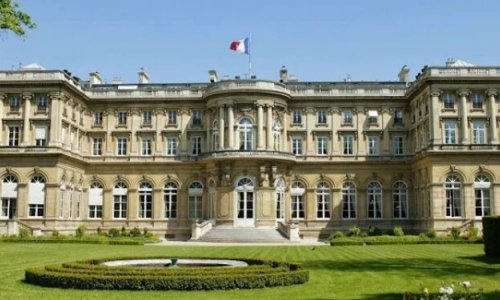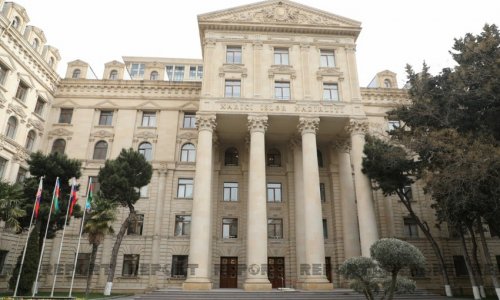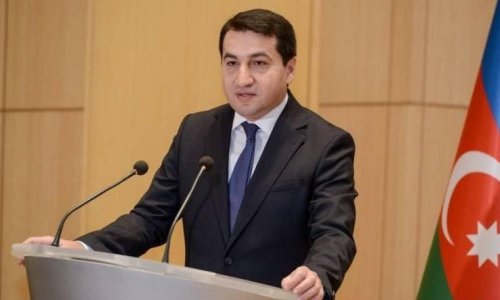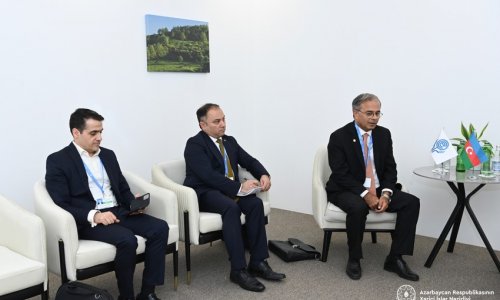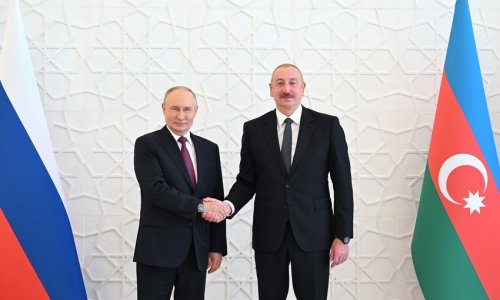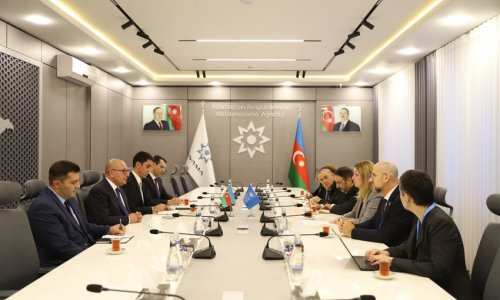The European Stability Initiative has "unfairly targeted" Council of Europe Secretary General Torbjorn Jagland after he praised Azerbaijan's progress on freeing prisoners. This, concluded Baku, is evidence the German-based group is "committed to anti-Azerbaijan rhetoric".
In a newsletter dated November 14th, the ESI took issue with Jagland's supportive words for Azerbaijan's "young democracy", which he had earlier said, "needs help".
Jagland had spoken positively of the new Joint Working Group on Human Rights Issues, composed of human rights defenders, parliamentarians, officials of the Azerbaijani Presidential administration and the Council of Europe. The group last month secured pardons for 80 prisoners in Azerbaijan - an outcome also welcomed at the time by EU Vice President Catherine Ashton and Commissioner for Enlargement Stefan Füle.
But, in a lengthy opinion piece, which strangely depicted Jagland as the Emperor Commodus from the film Gladiator, the ESI dismissed these efforts as a "dishonest initiative" and a "theatre of the absurd".
This, said Elkhan Suleymanov, Chairman of Azerbaijani Delegation to the Euronest PA, shows that the ESI cannot be taken seriously and cannot accept "positive, even neutral views regarding Azerbaijan".
Suleymanov added that ESI's call for jailed activists to be released "ignoring any judicial decision" flies in the face of rule of law and the role of the European Court of Human Rights in determining who is a political prisoner; something that was positively discussed during the summer by Jagland and Azerbaijan President Ilham Aliyev.
"The European Stability Initiative is obviously against the fact that the assessment of the violations of human rights and fundamental freedoms provided for in the European Convention on Human Rights and its protocols is the exclusive competence of the European Court of Human Rights," Suleymanov said.
"The ESI has a single targeted goal: to politically destabilize Azerbaijan so that it gives way to unrest."
He added that such international criticism also serves to "distract attention from efforts to liberate the Azerbaijani territories occupied by Armenia" amid recent heightened tensions on the contact line.
The Armenian occupation of Nagorno-Karabakh and seven surrounding Azerbaijani territories continues despite resolutions from international bodies, including the United Nations Security Council and the Council of Europe calling for Armenia's immediate and unconditional withdrawal.

